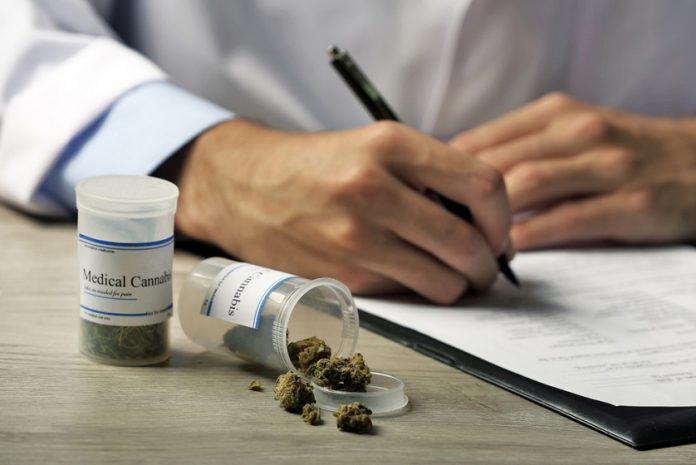U.K, October 15, 2019 (OPENACCESSGOVERNMENT) – The world is reassessing medical cannabis. Today, over twenty countries across the globe have legalised the medical use of cannabis, with more recognising the potential benefits for the thousands of patients campaigning for access.
Governments are playing a game of tug of war with one end cautious of the unknown, the other eager to unlock access. Here we will discuss current access to medicinal cannabis in the UK and the extent to which it has been legalised.
The change of law on November 1st, 2018 was a landmark day in England, Wales and Scotland with specialist clinicians listed on the General Medical Council’s specialist registerable to prescribe cannabis-based medicines for the first time, without the need to seek approval from an expert panel. However, at present, many patients and their families who saw that day as a glimmer of hope in their treatment journey, are still unable to access medicinal cannabis or face barriers even when eligible.
The issue of access has been largely attributed to the lack of knowledge and clinical evidence around medicinal cannabis, triggering reluctance amongst clinicians to prescribe these medicines. At present, there remains a limited number of randomised control trials for unlicensed cannabis-based medicinal products. This is partly due to the regulatory challenges of conducting research on Schedule I drugs, which cannabis was listed under prior to its rescheduling to Schedule II during November 2018. Medicinal cannabis is complex and physicians don’t yet have all the information they need to confidently prescribe it to their patients as they do with other medicines. The consensus amongst experts is that more clinical trials in real patients are needed to understand the therapeutic benefits and potential risks of these medicines.
Additionally, guidelines published by NHS England and other professional associations are requesting further research into cannabis-based medicinal products until these associations will recommend them for use. This makes it difficult for clinicians to go against recommendations from their governing body. Many trusts are refusing to pay for treatment even if the patient holds a prescription from a specialist. NHS data suggests that 12 patients have received cannabis-based medicines since the change in the law last year.1
Despite this, the legal barriers to formally researching cannabis in a regulated setting are now changing and a future where eligible patients can have access to appropriately prescribed cannabis-based medicinal products is on the horizon.







